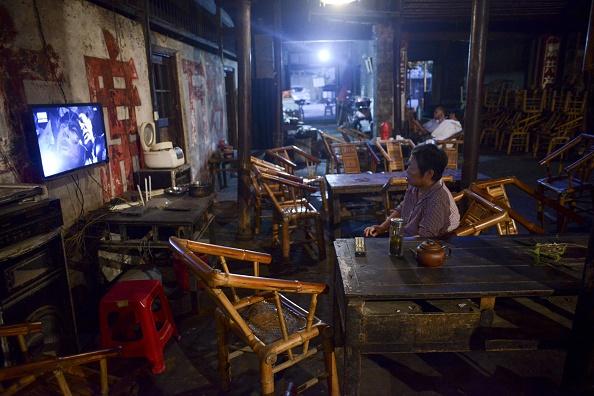Corruption within China’s television industry, which sometimes takes the form of paying officials to “buy” good ratings for shows, was recently exposed by a well-known Chinese director.
Guo Jingyu, a prolific television director and producer, made a speech at Hubei University in which he detailed the pressures exerted within the industry. His show “Mother’s Life,” a drama set in China during the early 20th century, details the trials and tribulations of a mother of five children. It currently airs on Beijing Satellite TV.





